
Ajay Kumar, a former Defence Secretary, is a 1985-batch IAS officer from Kerala state who has been appointed the new Chairman of the Union Public Service Commission (UPSC). His coming to office follows up after Preeti Sudan’s tenure is over on 29 April 2025. As provided for in the constitution, the appointment of the man has been confirmed by President Droupadi Murmu to serve for six years or when he turns 65 years old.
Context
-
The Chairman of UPSC has been taken over by Ajay Kumar, known for transformative reforms in defence and digital India initiatives, replacing Preeti Sudan.
Key Highlights and Contributions:
-
The appointment was given official status by the Department of Personnel and Training on 13th May 2025.
-
Term regulated under article 316(2) of the Constitution and UPSC regulations.
-
Ajay Kumar is a graduate of the School of Business Administration and Applied Economics from IIT Kanpur.
-
Held the position of Defence Secretary, the longest in the history of the Indian Defence Secretary, between August 2019 and October 2022.
-
Responsible for the critical reforms like establishing the Chief of Defence Staff, AtmaNirbhar Bharat initiatives, Agniveer scheme, and corporatisation of Ordnance Factories.
-
Was instrumental to Digital India projects such as UPI, Aadhaar, myGov, and Government e-Marketplace.
-
One of the major contributors to India’s electronics and mobile manufacturing policy (National Electronics Policy 2012).
-
Played important roles under the governments headed by the BJP, Congress, and as Left, as the leader of Kerala’s government and KELTRON.
Constitutional Provision of UPSC
-
Articles 315 to 323: The Indian constitution has article 315 to 323 which details the procedures for forming the UPSC, its composition and roles undertaken by the same.
-
Article 315: enjoins the establishment of a Public Service Commission for the Union and each state.
-
Article 316: The appointment and term of office of the Chairman and other members of the commission.
-
Article 320: states functions of the UPSC, such as holding examinations for appointments in the services of the Union, advising the government on recruitment methods and rules of promotion, transfers and disciplinary matters and other service matters.
-
Article 321: Through Article 321, the Parliament, or the state legislatures, are enabled to extend the functions of the UPSC.
-
Articles 322 and 323: The salaries, allowances, and conditions of service of the members and staff of the UPSC.
Conclusion:
Ajay Kumar’s appointment as the Chairman of UPSC will infuse a treasure-trove of administrative knowledge and a reform-seeking leadership to one of the central constitutional bodies of India for the recruitment of civil services. His prolific record of transformative reforms in the field of defence and digital governance is expected to build more transparency and efficiency in the UPSC operations.



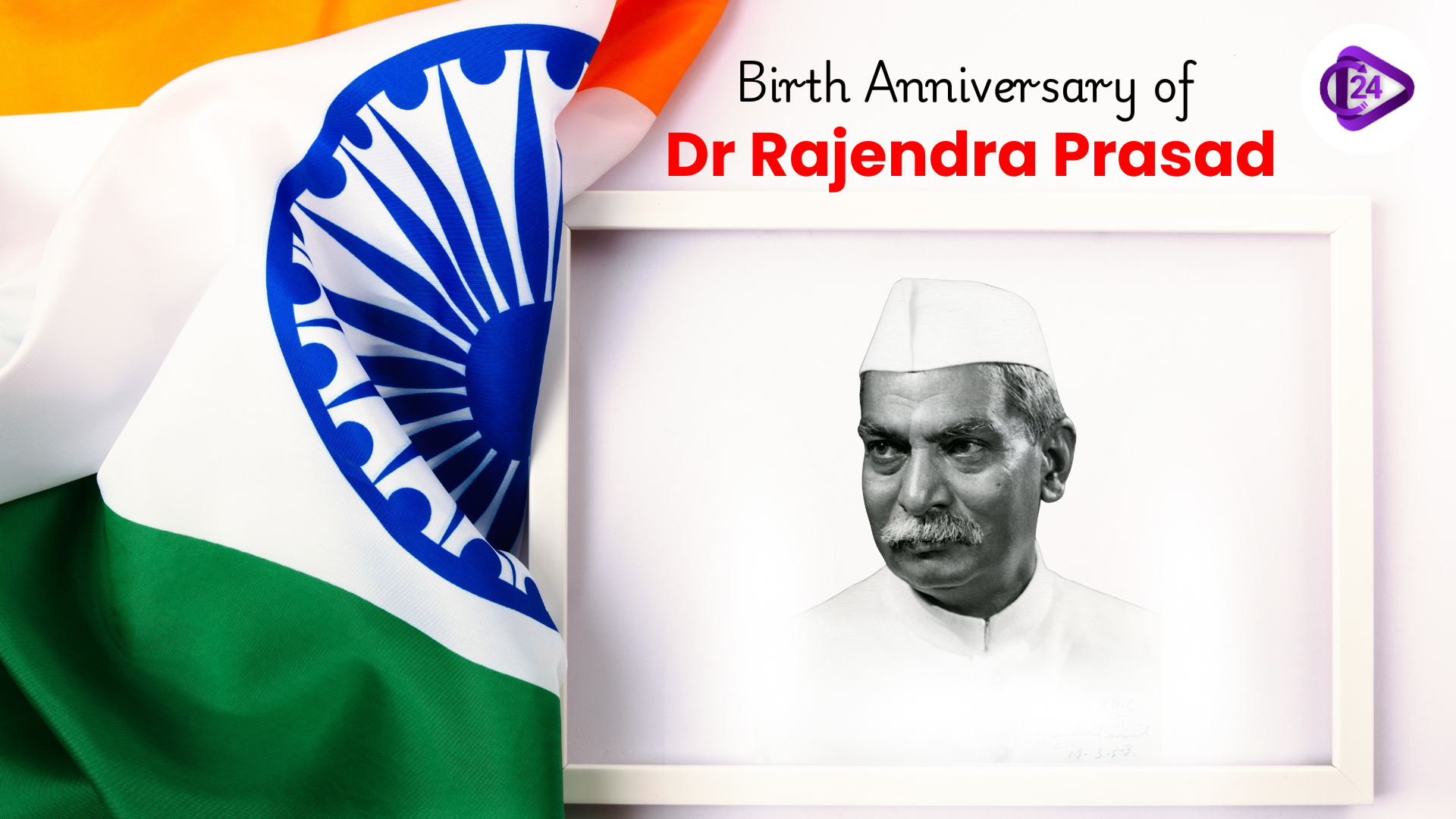 Birth Anniversary of Dr Rajendra Prasad
Birth Anniversary of Dr Rajendra Prasad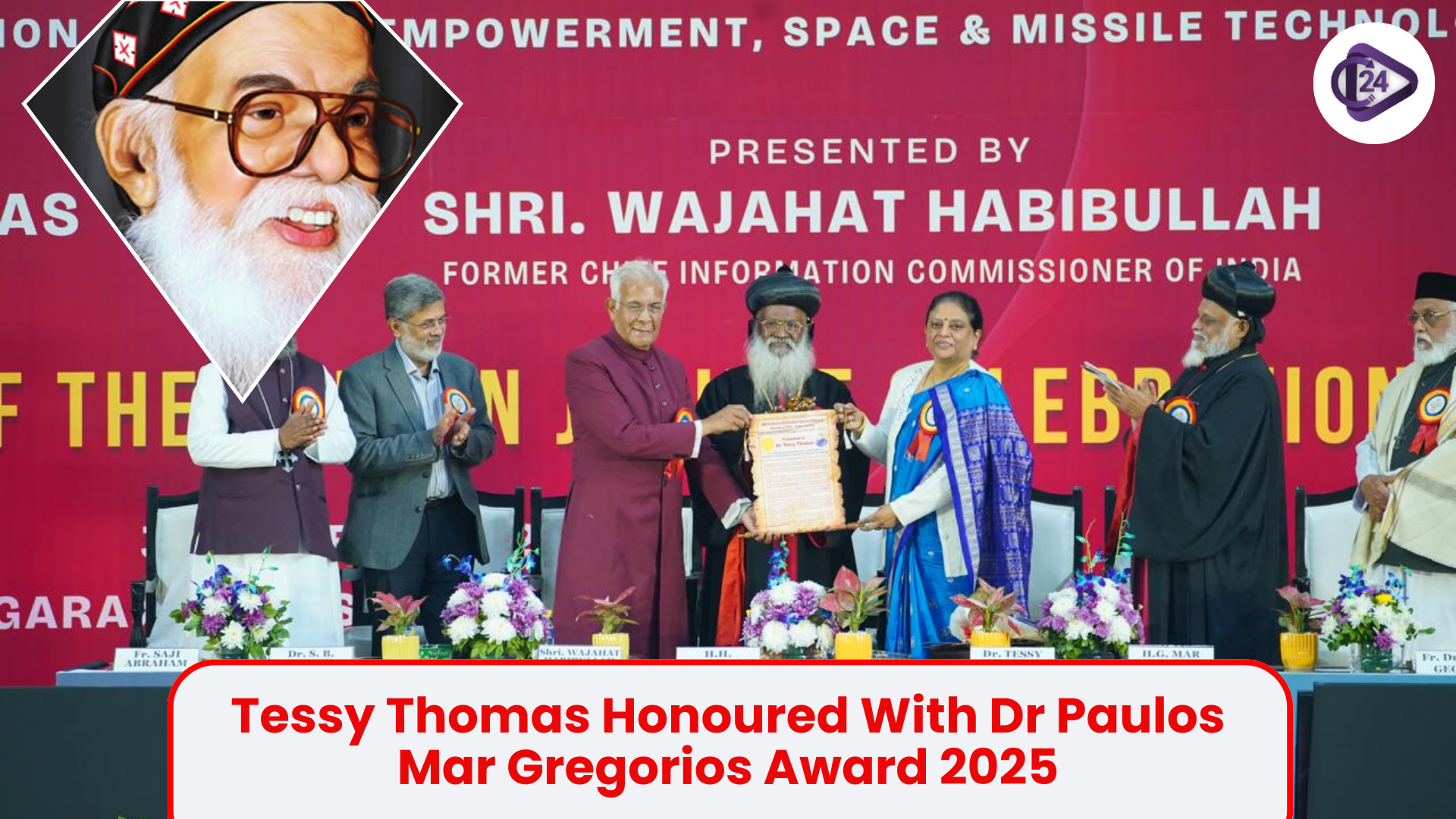 Tessy Thomas Achieves Major Recognition With Dr Paulos Mar Gregorios Award 2025
Tessy Thomas Achieves Major Recognition With Dr Paulos Mar Gregorios Award 2025 Ramban Sulai Honey GI Tag: A Major Win for Traditional Beekeeping
Ramban Sulai Honey GI Tag: A Major Win for Traditional Beekeeping India Secures Third Rank in Asia Power Index 2025
India Secures Third Rank in Asia Power Index 2025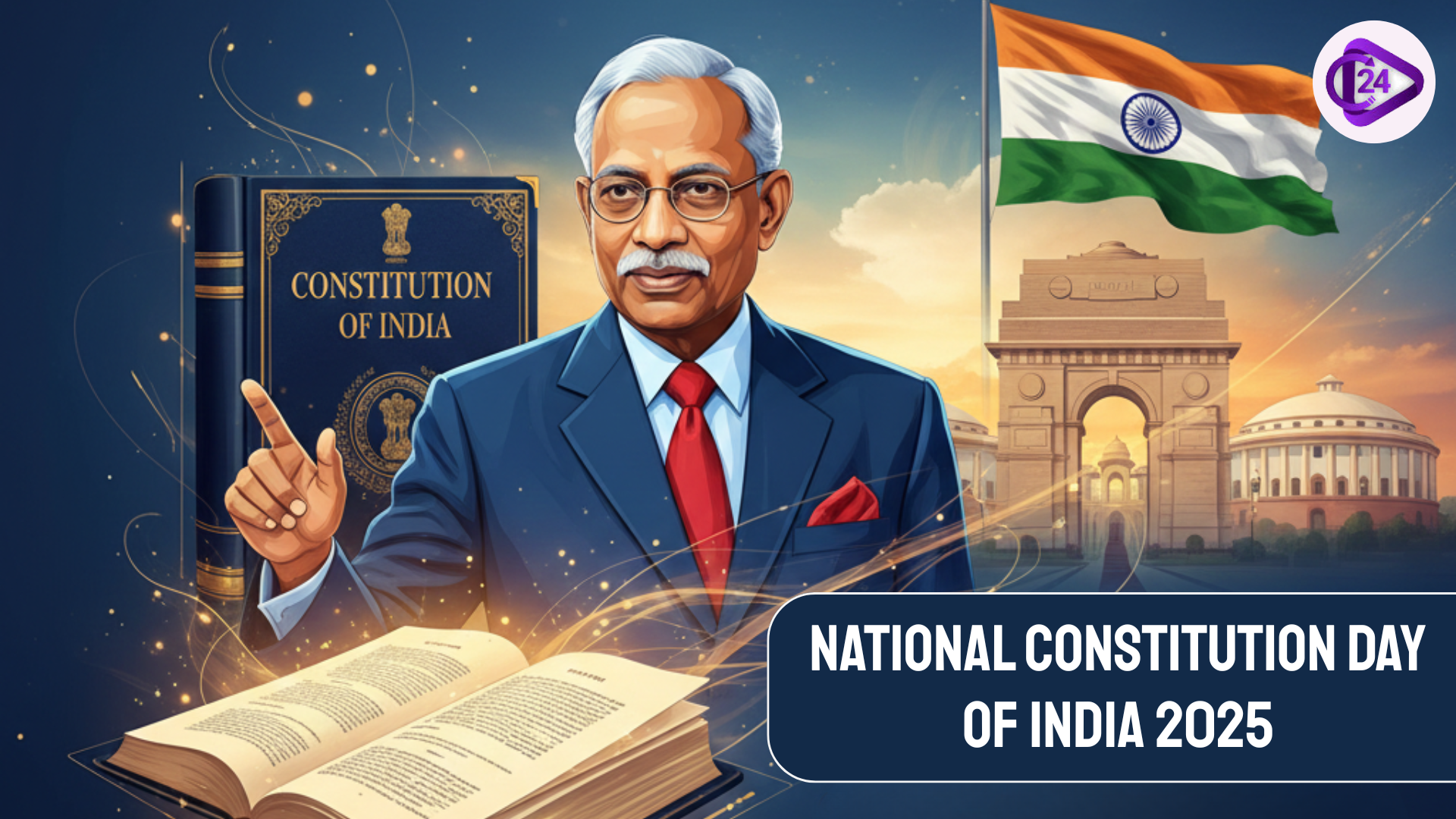 Constitution Day of India 2025: History, Meaning and Timeline Explained
Constitution Day of India 2025: History, Meaning and Timeline Explained India Launches ₹7,280 Crore Initiative to Develop Rare Earth Magnet Manufacturing
India Launches ₹7,280 Crore Initiative to Develop Rare Earth Magnet Manufacturing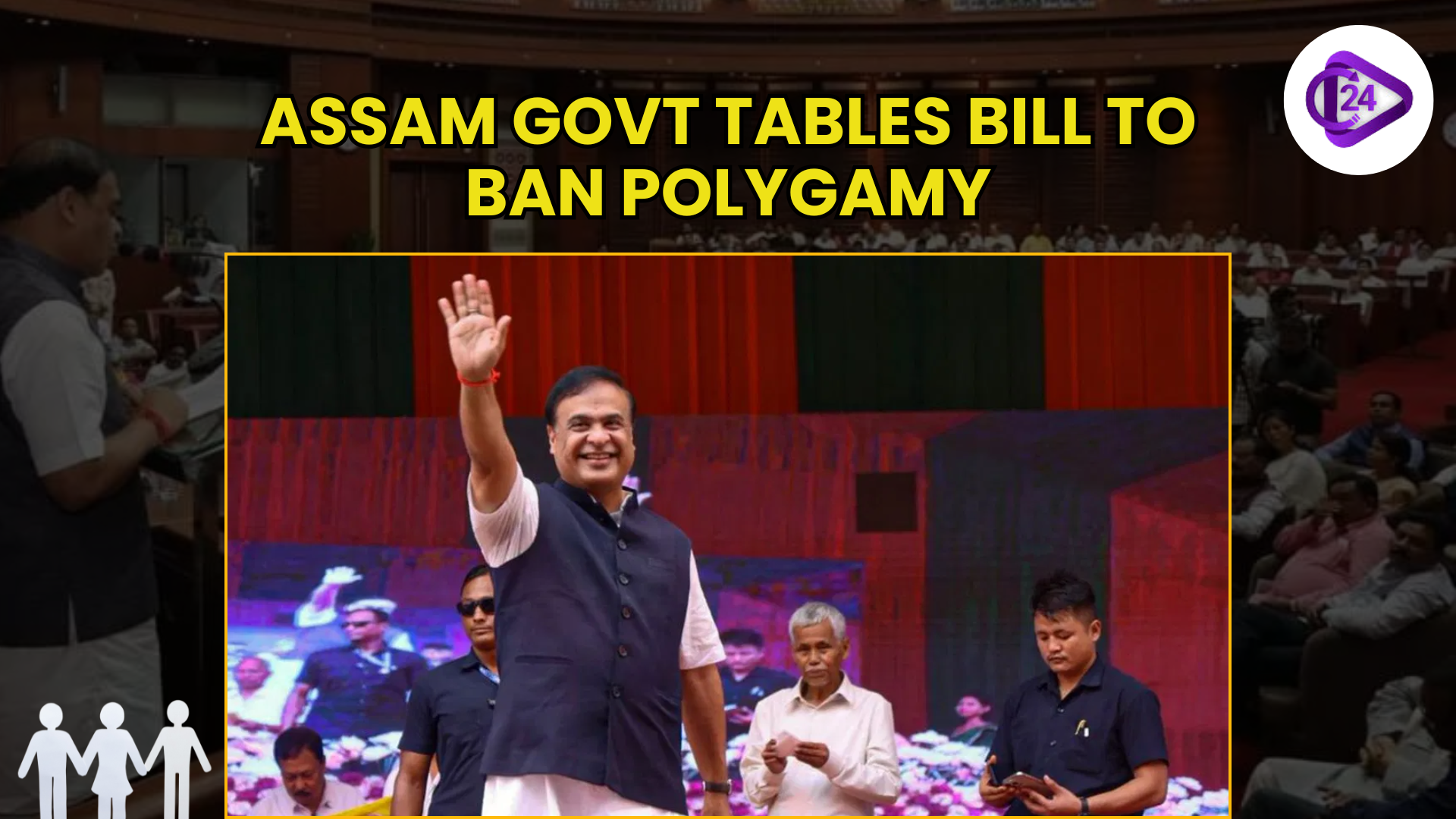 Assam Government Introduces Bill to Ban Polygamy with Strict Penalties
Assam Government Introduces Bill to Ban Polygamy with Strict Penalties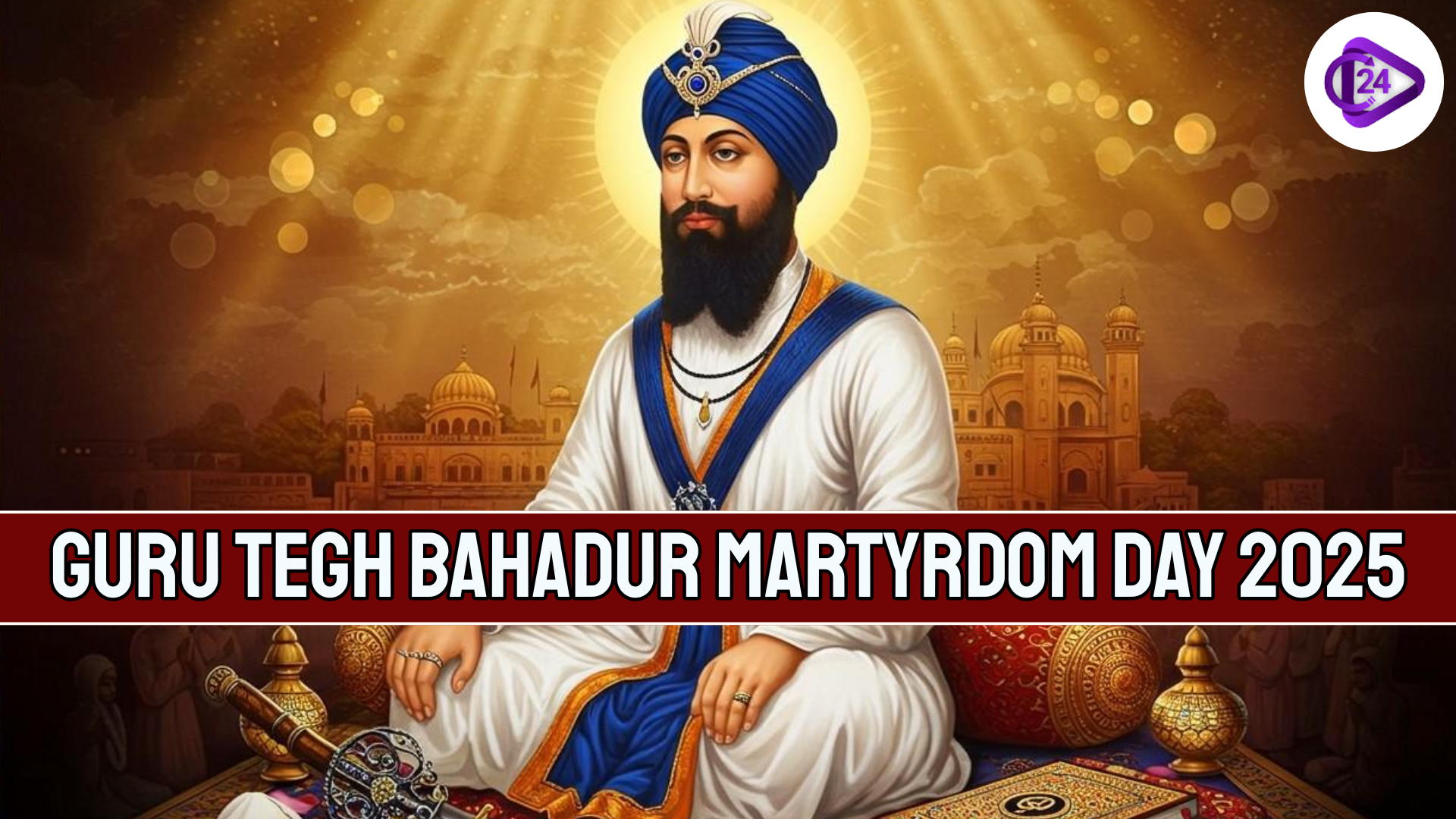 Guru Tegh Bahadur Martyrdom Day 2025 A Tribute to Courage and Spiritual Strength
Guru Tegh Bahadur Martyrdom Day 2025 A Tribute to Courage and Spiritual Strength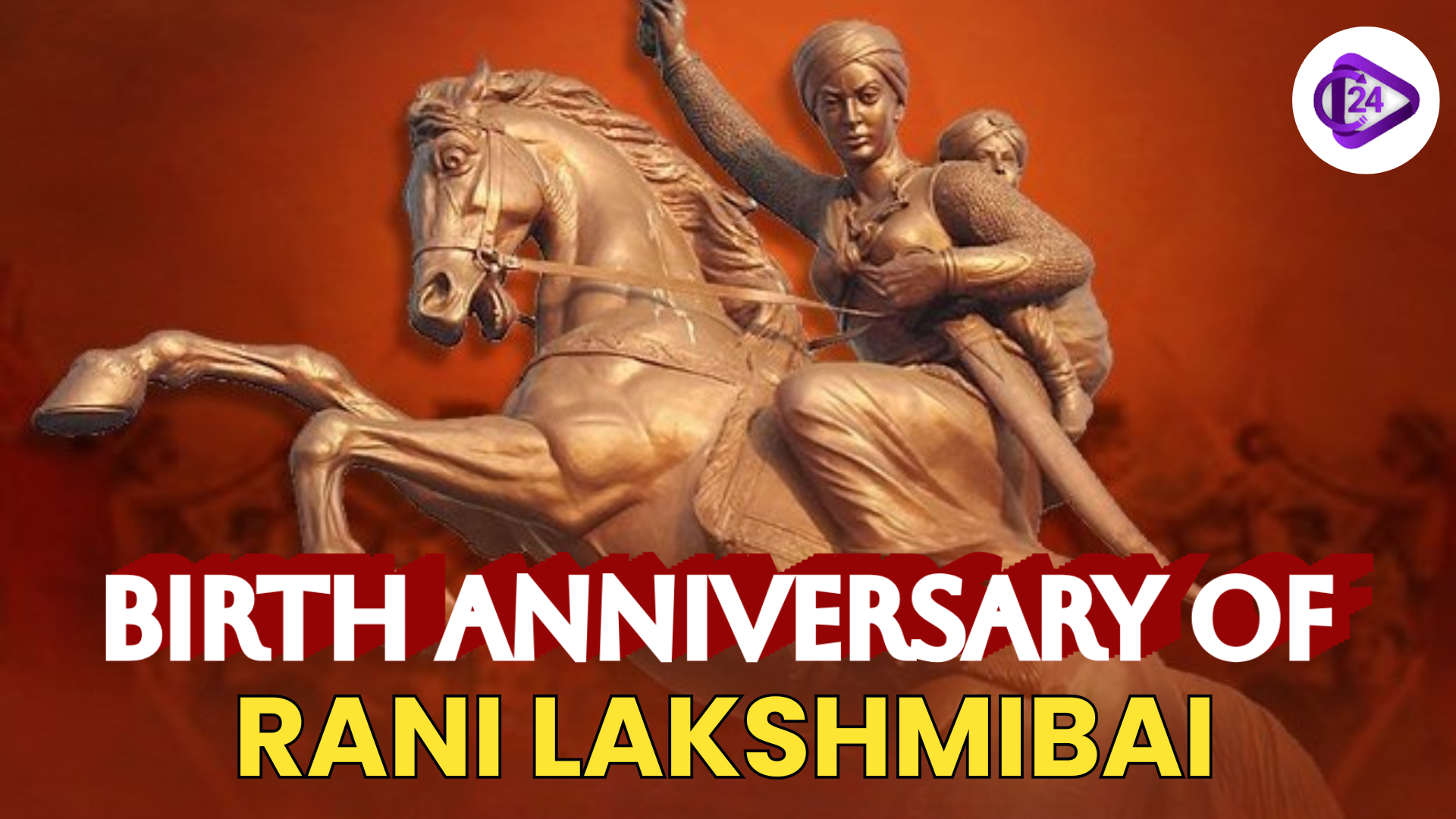 India Pays Tribute to the Birth Anniversary of Rani Lakshmibai
India Pays Tribute to the Birth Anniversary of Rani Lakshmibai Kinnaur’s Raulane Festival Celebrates Nature’s Mystical Guardians
Kinnaur’s Raulane Festival Celebrates Nature’s Mystical Guardians






